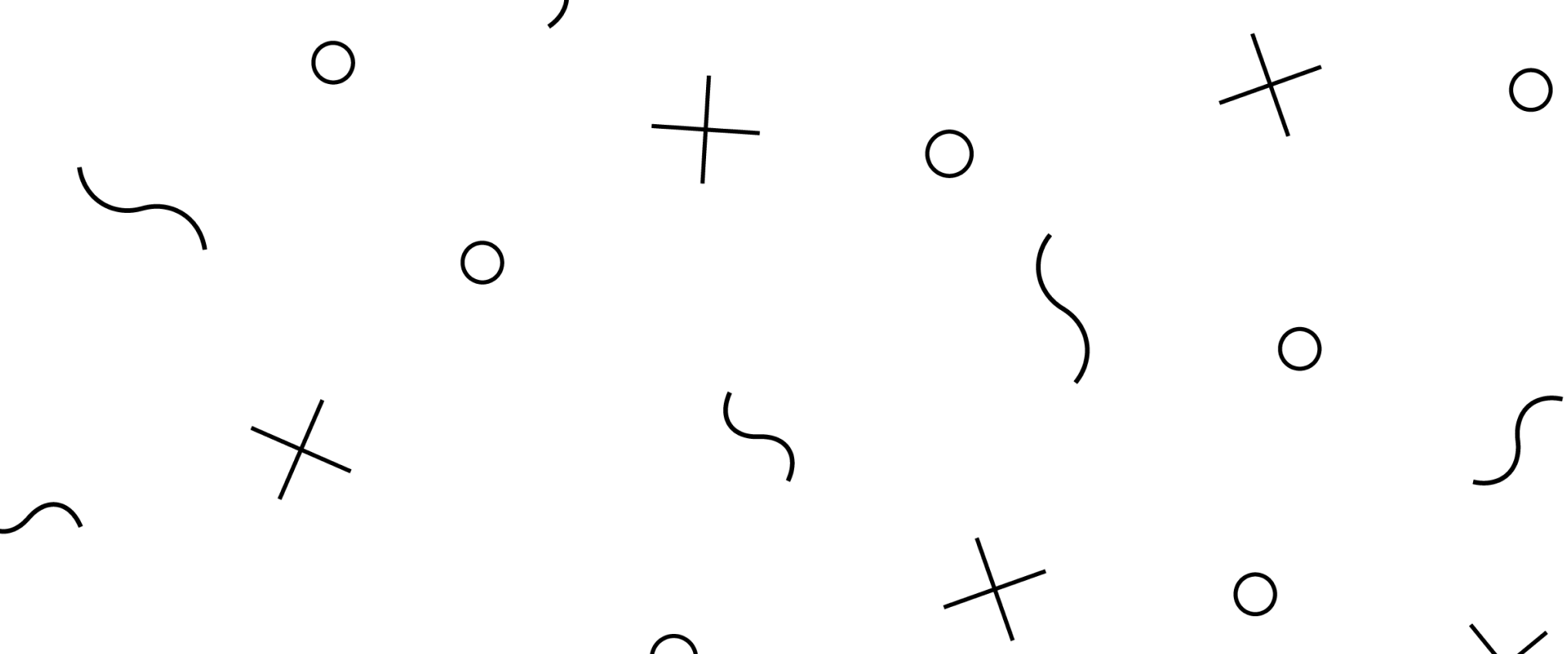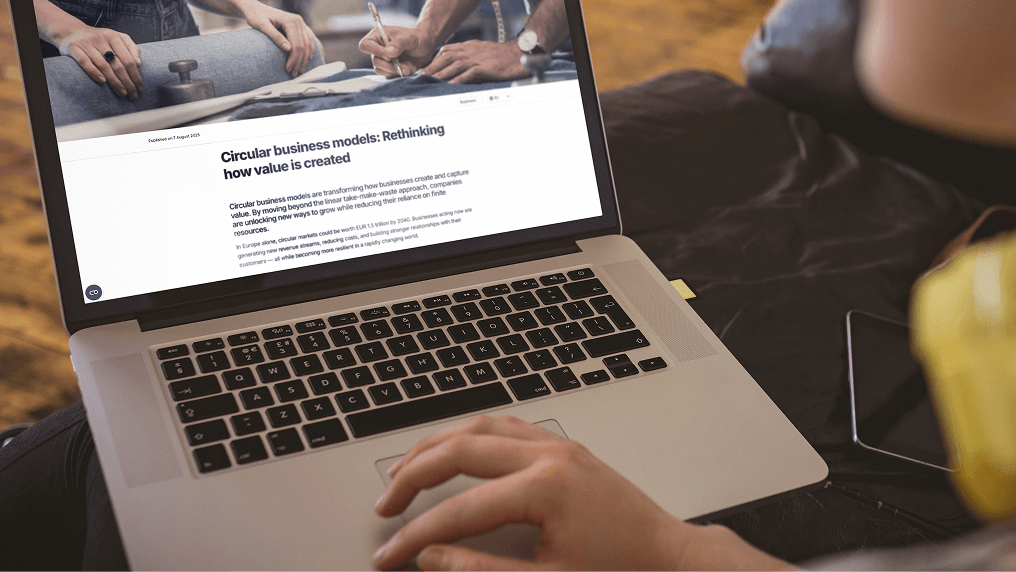We are increasingly surrounded by ever more complex products, from smartphones and computers to wearable devices. Although these devices have become an essential part of life, most are still treated as if they are disposable.
If we want to enjoy the benefits of technological innovation and access to the services that electronic devices bring, we need to create an electronics system that works. This paper offers an initial overview of how the principles of a circular economycircular economyA systems solution framework that tackles global challenges like climate change, biodiversity loss, waste, and pollution. It is based on three principles, driven by design: eliminate waste and pollution, circulate products and materials (at their highest value), and regenerate nature. could be applied to the electronics industry and where the industry is in terms of transitioning to such a system. It identifies some actions that businesses can take to begin developing more circular strategies.
Built on insights from over 40 interviews with leading companies and researchers, the paper is based on research supported by Google and undertaken by the Ellen MacArthur Foundation in 2017.
To quote this study, please use the following reference: Ellen MacArthur Foundation, Circular Consumer Electronics: An initial exploration (2018).







